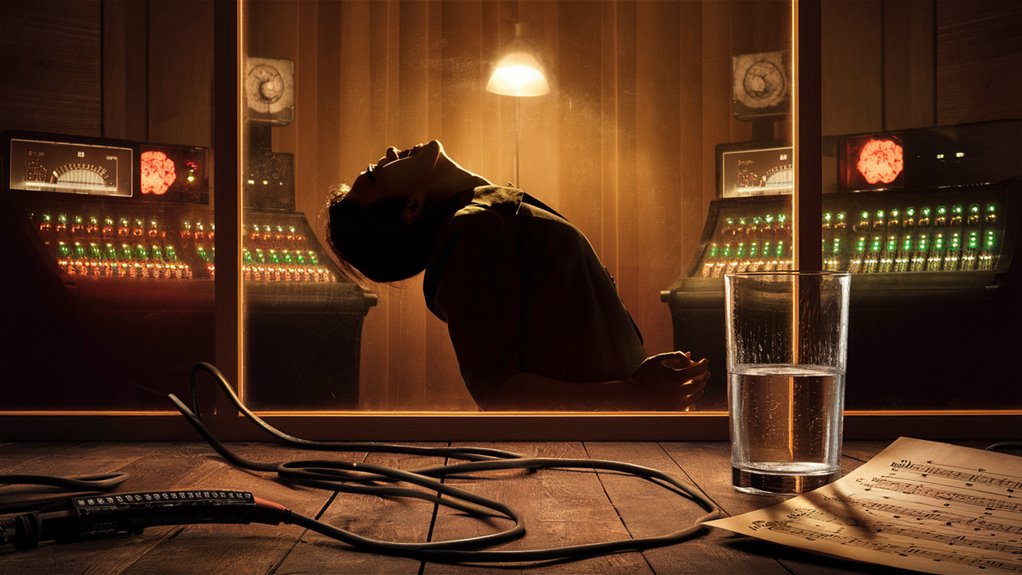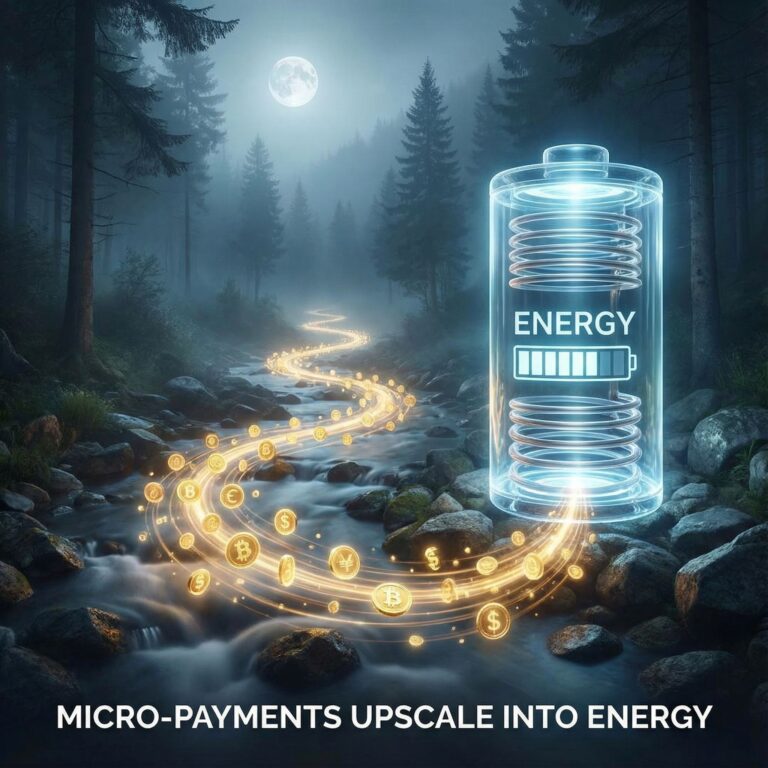
90s Songs Deep Cuts: Your Guide to High Notes

Incredible Vocals of the 1990s
The 1990s brought us amazing high-note feats that many have not found yet. These lesser-known gems show off great voice skill and tough moves past the big songs we know.
Women with Big Voices
- Sophie B. Hawkins nailed mixed voice skills in “Damn I Wish I Was Your Lover,” and Catherine Wheel’s “Black Metallic” gives us cool falsetto moves. These acts show top voice control that often go missed in talks about 90s tunes.
R&B Vocal Highs
- Tony Terry’s “With You” and Lisa Fischer’s “How Can I Ease The Pain” hit high marks for voice control up high. Both stars show great skill in smooth voice changes, making new marks for R&B singing.
Rock Voice Stars
- Rock music has great cases of high-note skill. Stone Temple Pilots’ “Adhesive” and Crimson Glory’s “Transcendence” reach high F5 notes, showing what the style can do. These acts point out the wide range of vocal skill in 90s rock.
Each song is a big lesson in voice moves, giving us a view of great music work that should be seen more now.
Big Voices You Forgot
90s Vocal Stars You Missed
Wide Range and Big Skill
The 1990s had a lot of vocal stars with great skill and new moves that we often do not talk about.
- Brenda Russell was a boss in “Piano in the Dark,” with clear high voice moves that made new marks for how to sing well.
- CeCe Peniston lifted club tunes with her sharp whistle tones in “Finally,” putting her up there with the top voice pros of the time.
New Ways to Sing
- Sophie B. Hawkins brought fresh vocal styles in “Damn I Wish I Was Your Lover,” mixing low and high voice parts well.
- Tara Kemp’s “Hold You Tight” is a big show of perfect note control, up there with more known stars of the decade.
Top-Level Voice Acts
- Tracie Spencer’s “This House” has some of the tricky voice runs of the 1990s, and Taylor Dayne’s “I’ll Wait” shows high-end strong voice holds proving great breath work and throat skills. These acts show high-end singing ways, setting levels for how to train and sing now.
Not Just Big Hits
Less-Known Vocal Gems of the 90s
Great Singing Off the Main Road
Lesser circles and small labels were key spots for great singing that went past usual pop rules.
- Cutting-edge singers with big ranges had real followers through college radio, small scenes, and strong fan push.
- Jeff Buckley and Jonny Lang wowed with high note skills in songs that did well outside big chart hits.
Big Skills in New Spaces
- Catherine Wheel’s “Black Metallic” is a big lesson in voice skill, with Rob Dickinson’s falsetto moves among tough sound waves.
- Soundgarden’s “Jesus Christ Pose” shows Chris Cornell’s wide voice range at a high level.
The deep metal world gave us big songs like Crimson Glory’s “Transcendence,” with high-end voice work from Midnight that changed what we expect from the type. 현지인 추천 장소 알아보기
New Voice Ways
These hidden tracks show top voice styles, like mixed voice moves and smooth high voice changes.
- Such great skill often beat usual pop work, making a mark kept by rare music shops and hard-core fans.
- These acts mark big points in how we sing, with new ideas not held back by just wanting to sell.
Top Underground Voice Acts
- Jeff Buckley’s wide voice search
- Chris Cornell’s deep voice plans
- Rob Dickinson’s smart high voice work
- Crimson Glory’s new metal singing
- Small radio holding on to new voice work How to Pick a Karaoke
R&B’s Deep High Notes
R&B’s Secret High Notes: The Great Tech of 90s Soul

Hidden R&B Stars You Need to Know
Away from the big path of R&B hits, deep soul artists of the 1990s changed how we think about singing with great high-note feats.
- Rachelle Ferrell came out as a big voice star, especially in her 1992 hit “Nothing Has Ever Felt Like This,” showing a wide six-octave range with flawless F6 notes.
New Moves in Free Soul
- The deep R&B world made space for big voice newbies like Tony Terry, whose 1991 tune “With You” had crystal-clear falsetto moves to rival big names.
- Small label moves let stars like Lalah Hathaway try new voice lands in tracks like “Let Me Love You” (1994), nailing high voice control while keeping true soul feels.
Next-Level Voice Acts in Deep Showings
- These early stars got really good at tough voice moves like mixed voice reach and whistle register hits before they got big in the main scene.
- Frank McComb’s 1995 hit “Love Stories” is a top show of the time’s big skill, with smooth voice changes that set what deep R&B was about.
Main Tech Points:
- Mixed Voice Skills
- Whistle Register Power
- Top Voice Control
- Low-to-High Voice Moves
Rock’s High Hidden Songs
Going Deep in Rock’s Hidden Voice Stars
Top Voice Feats in 90s Less-Known Songs
The alt-rock time had big voice shows hiding in album tracks we skip.
- Stone Temple Pilots’ “Adhesive” shows Scott Weiland’s big range, hitting strong F5 notes in the bridge.
- At the same time, Soundgarden’s “Fresh Tendrils” points out Chris Cornell’s wide four-octave voice range, showing skills past his big songs.
Big Voices Not Found
- Pearl Jam’s “Tremor Christ” let us see Eddie Vedder’s less-seen high voice, clear in the song’s big parts.
- The Smashing Pumpkins’ “Thru the Eyes of Ruby” has Billy Corgan hitting top voice highs, with a key A5 note in the song’s loud parts.
Skill Past Radio Songs
While main channels stuck to easy-to-like songs, lots of voice highs stayed in album tracks.
- The Mayfield Four’s “Summergirl” shows Myles Kennedy’s smart high voice moves and smooth voice changes, before many knew who he was.
- These deeper album songs show 90s rock singers pushing past their big hits, showing skills often missed in their well-known tunes.
Big Voice Moves in Alt Rock
The time’s singers showed off great range and control in these hidden songs, using tough moves like:
- Smart high voice changes
- Wide voice use
- Sharp high voice moves
- Deep melodic plans
These acts prove the big skills of 90s rock singers, showing their work went far past easy-to-like songs.
Songs That Test Your Voice
Top Voice Test Songs: A Tech Guide
Classic 90s Rock Voice Challenges
- Soundgarden’s “Black Hole Sun” and Stone Temple Pilots’ “Plush” are key marks for rock voice range. These tracks need top skills in moving between low voice and high voice, making singers show perfect voice changes all through their acts.
Tough Voice Moves
- Jeff Buckley’s “Grace” is top in voice range control, with deep tones that grow into strong high belts.
- Extreme’s “More Than Words” shows key soft and loud moves, moving between light tunes and big long notes.
Pro-Level Voice Ways
- Chris Cornell’s work in “Spoonman” is a class in keeping voice steady through tricky song parts.
- Pearl Jam’s “Jeremy” has big voice hold and tone places moves, clear in its loud chorus parts.
Key Tech Points
- Voice changes between low and high
- Soft-loud voice control
- Mixed voice growth and hold
- Power hold ways
- Tone putting for best sound
These tough voice works are tools for real singers wanting to grow their skills while keeping good form through hard song parts.
Lost Radio Gems
Lost Radio Gems: Finding 90s Voice Wonders
Top Voice Shows in Lost Tracks
Hidden voice gems from the 1990s are still not big on mainstream radio, especially songs with great high-voice skills.
- Toni Braxton’s “How Could An Angel Break My Heart” and Sophie B. Hawkins’ “Only Love” hit hard with fifth-octave skills that go past their known big tunes in how tough they are.
Big Skill in Missed Singles
- Lisa Fischer’s “How Can I Ease The Pain” is a top class in voice skill, with smooth moves between low and high with sharp F5 note moves.
- At the same time, Tevin Campbell’s “Can We Talk” has deep high-note parts in its bridge, with tight D5 moves that show off great control.
New Voice Plans and Moves
- Wild Orchid’s “At Night I Pray” changed tune structures with its whistle register use, while Glenn Medeiros’ “Nothing’s Gonna Change My Love For You” shows off big falsetto control not often seen in 90s men’s singing.
These songs show big voice plan smarts and skill use that went past usual pop forms of the time.






